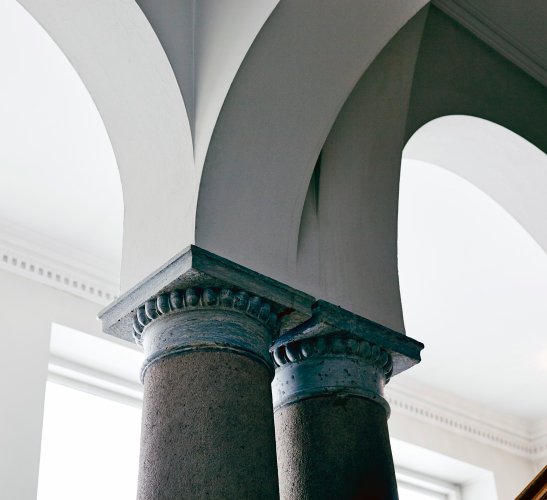Academic freedom
Intellectual freedom is a fundamental prerequisite for all truth-seeking business and for all artistic creation, and it is important for safeguarding and strengthening democracy. Academic freedom must therefore be a normative right for anyone involved in research.

